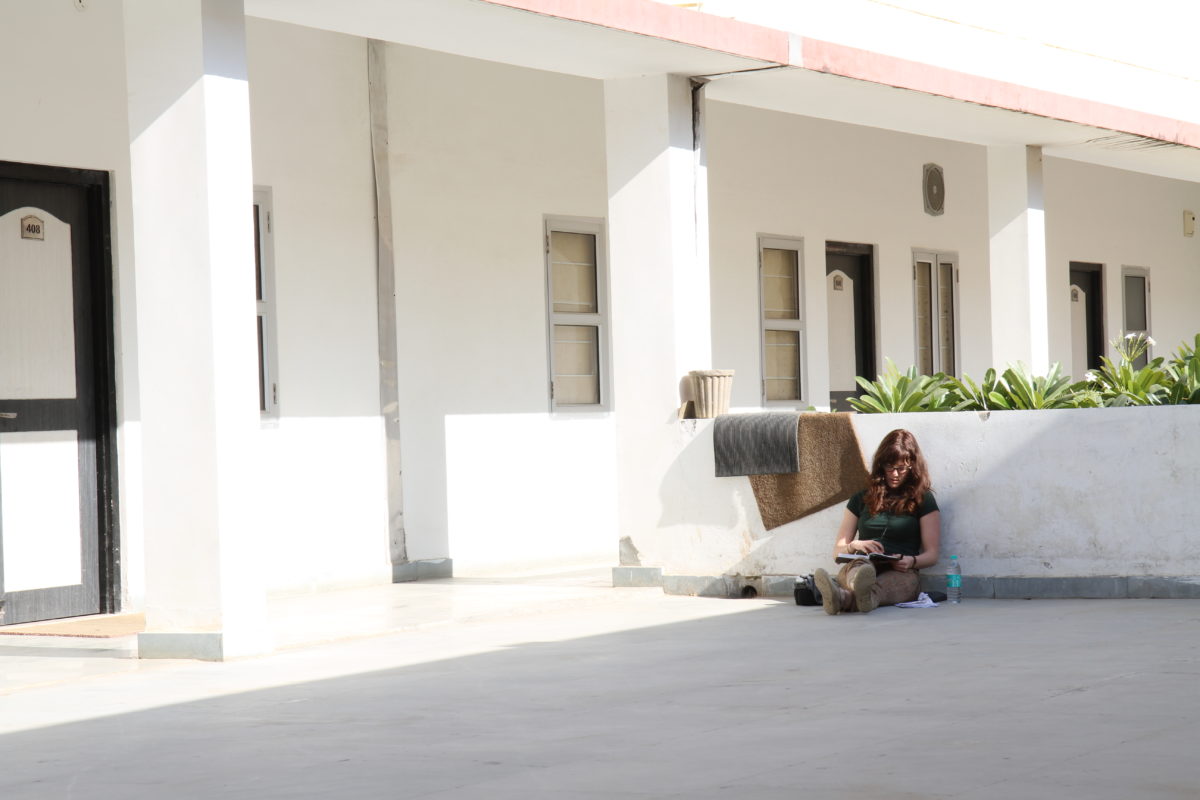Does physical presence matter? Supervising via Skype
Supervision via Skype is part of most supervisors’ practice today. In this post me, Anka Falk, will describe my personal observations when supervising via Skype. I have had many Skype sessions with students especially over the last years, mainly because I spent a great part of the year in India, but also because students where travelling while working on their projects. Supervising via Skype can work very well. From my experience, there are certain conditions that contribute to making it successful:
First, it is much easier when the student/supervisor relationship is already built. This was the case in most of the supervisions I did. We had met in person and had the chance to do so in between. I knew the students and their work and we also had agreed on the distant supervision. The students knew my way of supervising as well. When speaking on Skype we could refer to these experiences.
Secondly, supervising via Skype works especially well if both student and supervisor use their intuition. As there is the lack of physical presence, this can be balanced quite well of both trust their intuition and bring it in. This means, that I observe carefully the thoughts, images, ideas and sensations I experience during the session and I share some of them with the student. This sometimes helps to name aspects that have not been spoken out loud yet. Intuition is quick, much quicker than thought and argumentation. By taking this into account, there can be turns and shortcuts to what actually is the crucial point in the student’s process at that stage. On the other hand, intuition can go wrong, this is way I always offer my associations as something that might lead further or might just be wrong or useless as well. And I invite the student to do the same, to share sudden insights, ideas and also when they feel blocked, even though they might not be able to explain why.
So does physical presence matter? To be in one room certainly can make supervision easier. Supervisor and student share the same climate and atmosphere. Whatever is happening in the room is part of either experience and this can bring them closer. And especially if one loses track of the student, it might be easier to notice it quicker. Physical presence can also make emotional states more obvious, as, depending on the quality of the internet connection, mimics and facial expressions might not be as clear on Skype as they are in real. At the same time, the geographical distance can also create an unexpected feeling of closeness, as it is freed from the educational setting. This can give both sides inside into further lived spaces of the other.
I only started supervising via Skype after I had several years experience and felt secure as a supervisor. And it might be helpful to take two minutes at the beginning to check in and actually realize the cultural space the other person is in right now. This helps both sides to connect – just like a handshake might do or the time you take to sit down when meeting in person.
Taking time to connect and understand where the other person is might be especially relevant if you supervise a student that is abroad for a certain time. Than you should check how the student is handling experiences of unfamiliarity. General challenges of supervising students while they are abroad have been described here.
